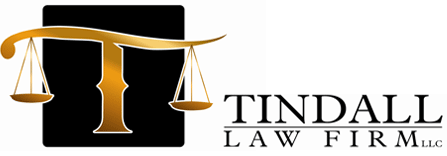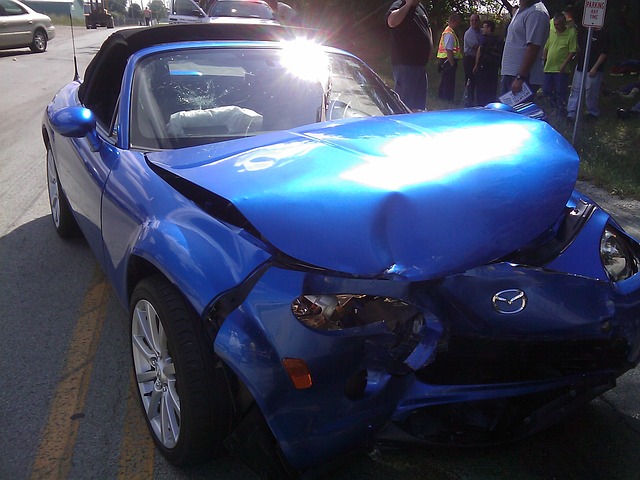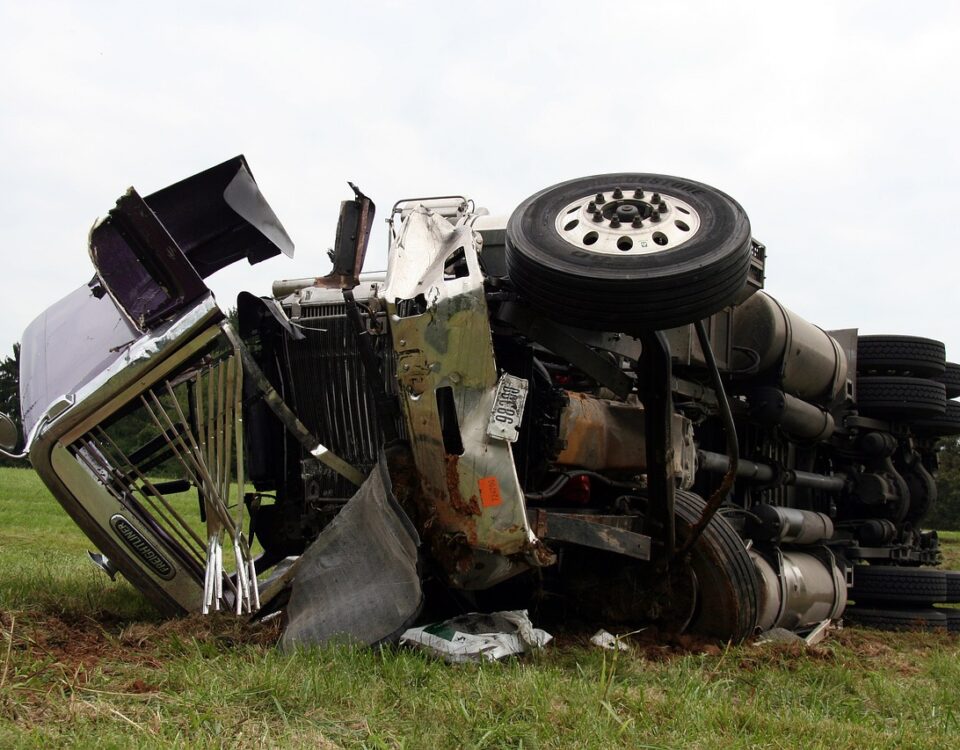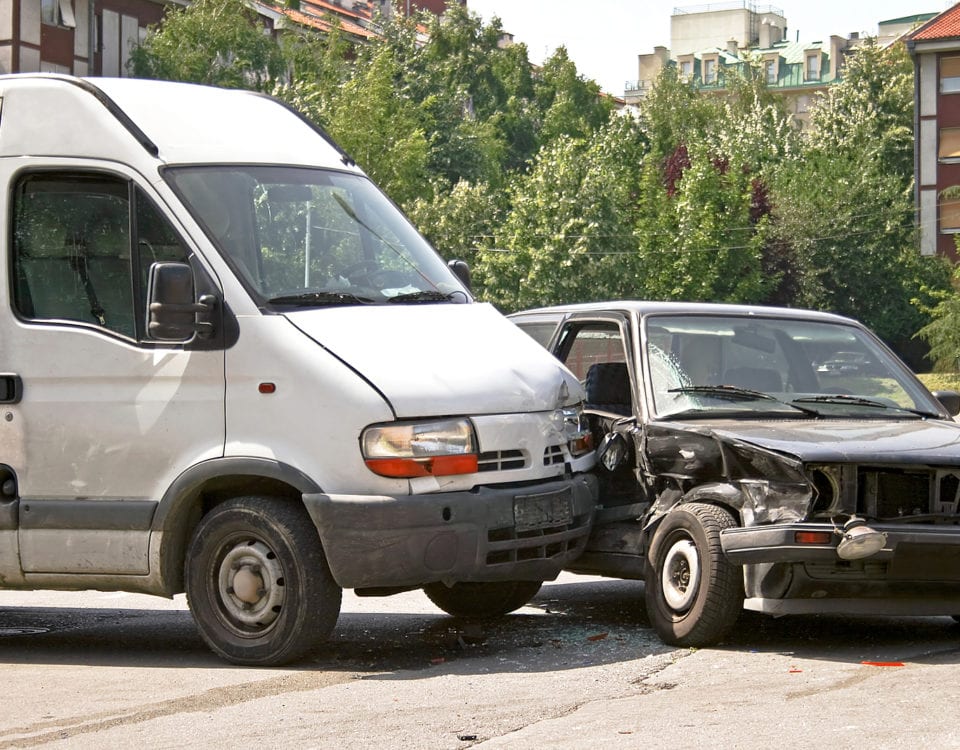When a Car Accident Becomes a Liability Case: Knowing Your Legal Options in Connecticut
A Tradition of Excellence
 Sampling of Successful Case Resolutions
Sampling of Successful Case Resolutions
 Read our answers to some frequently asked questions.
Read our answers to some frequently asked questions.
Statement
 View Our Mission Statement
View Our Mission Statement

Understanding Third-Party Vehicle Accidents in Connecticut: What You Need to Know
October 24, 2024
Top 5 Mistakes to Avoid After a Workplace Accident in Connecticut
January 6, 2025Car accidents are an unfortunate reality of life on the road, and while many are straightforward incidents involving driver error, others are more complex and require deeper legal scrutiny. In Connecticut, certain accidents transition into “other” liability cases where responsibility extends beyond the drivers involved. Situations like defective vehicles, hazardous road conditions, or employer negligence can complicate the pursuit of justice and compensation.
Understanding when a car accident becomes a liability case and knowing your legal options are essential for ensuring your rights are protected. This article breaks down common scenarios that may lead to liability disputes and highlights how an attorney can help you navigate these cases.
When Does a Car Accident Become an “Other” Liability Case?
Other liability cases arise when someone other than the drivers involved bears responsibility for causing or contributing to the accident, or concurrent other parties are responsible in addition to the driver. Here are a few scenarios that could lead to a liability dispute:
1. Defective Vehicle or Vehicle Parts
When a car accident is caused by a mechanical failure, such as faulty brakes, defective tires, or airbag malfunctions, the manufacturer, distributor, or mechanic may be held liable. These cases often involve product liability laws, which require proving that the defect directly caused the accident and injuries.
Example:
A driver loses control of their car because the brakes fail, resulting in a collision. Investigation reveals a manufacturing defect in the braking system. In this case, the manufacturer could be held responsible.
2. Hazardous Road Conditions
Poorly maintained or improperly designed roads can lead to serious accidents. Examples include potholes, inadequate signage, uneven surfaces, or insufficient lighting. In such cases, government entities or contractors responsible for road maintenance and design may be liable.
Example:
A motorcyclist crashes due to a large pothole on a poorly lit road. If the pothole was reported but not repaired in a reasonable timeframe, the local municipality or contractor could be held accountable.
3. Employer Liability
When a car accident occurs while someone is driving for work-related purposes, their employer will share responsibility. This often applies to commercial drivers, delivery personnel, or employees running errands for their job.
Example:
A delivery driver causes an accident while rushing to meet a deadline. If the employer failed to enforce safe driving practices or maintained an unreasonable workload, they will be liable under the legal doctrine of vicarious liability. As employers are vicariously responsible for the wrongful acts of their employees or agents committed while the employee or agent is do the work of that employer.
4. Negligence by a Third Party
Sometimes, a third party who is not directly involved in the accident may still bear responsibility. For example, a bartender or establishment that overserves alcohol to an already intoxicated driver may be held liable under Connecticut’s dram shop laws.
Example:
A drunk driver causes a multi-vehicle accident after leaving a bar where they were over-served alcohol. The injured parties could file a claim against the bar for negligence.
What Are Your Legal Options?
If you’ve been involved in a car accident that has transitioned into an “other” liability case, the path to compensation may involve more than just filing an insurance claim. Here are some of your options:
1. Filing a Personal Injury Lawsuit
If another party’s negligence contributed to the accident, you may file a personal injury lawsuit to recover damages for medical expenses, lost wages, property damage, loss of life’s enjoyment, pain and suffering, etc. This can mean suing the driver along with suing others who contribute in part or whole to the incident, including manufacturers, government agencies, or employers.
2. Filing a Claim Against a Government Entity
For accidents involving hazardous road conditions, you would need to file a claim against the state or local municipality responsible for maintaining the road. It’s important to act quickly, as Connecticut imposes strict notice deadlines and procedural requirements for claims against government entities. It is also much more difficult to sue a governmental entity due to a legal doctrine called immunity. In some cases, no claim is allowed against governmental entities.
3. Exploring Product Liability Claims
For accidents caused by defective vehicles or parts, a product liability lawsuit may be necessary. These cases often require expert testimony to establish the defect and link it to the accident.
The Role of an Attorney
Navigating a liability case can be complex, requiring extensive investigation, expert testimony, and a thorough understanding of Connecticut laws. An experienced car accident attorney can:
- Investigate the accident to identify all potentially liable parties.
- Collect and preserve evidence, such as vehicle maintenance records, road conditions, and eyewitness statements.
- Work with experts, such as accident reconstruction specialists and product engineers, to strengthen your case.
- Negotiate with insurance companies and, if necessary, represent you at a trial to secure fair compensation.
In liability cases, having skilled legal representation ensures that you won’t bear the financial burden for an accident caused by someone else’s negligence.
• Plainville • New Britain • Hartford
Protect Your Rights After a Car Accident
Car accidents can quickly evolve into complex liability disputes, leaving victims overwhelmed and uncertain about how to proceed. Understanding your legal options and acting promptly can make all the difference in recovering the compensation you deserve.
If you’ve been involved in a car accident in Connecticut, don’t wait to seek help. Contact our experienced car accident attorney at Tindall Law Firm, who through 27 years of experience, can evaluate your case, identify liable parties, and fight for your rights. Whether it’s a defective vehicle, hazardous road, or employer negligence, a skilled attorney will ensure you receive the justice and financial recovery you need to move forward.
To schedule a free consultation, please call 203.755.0018 today.










